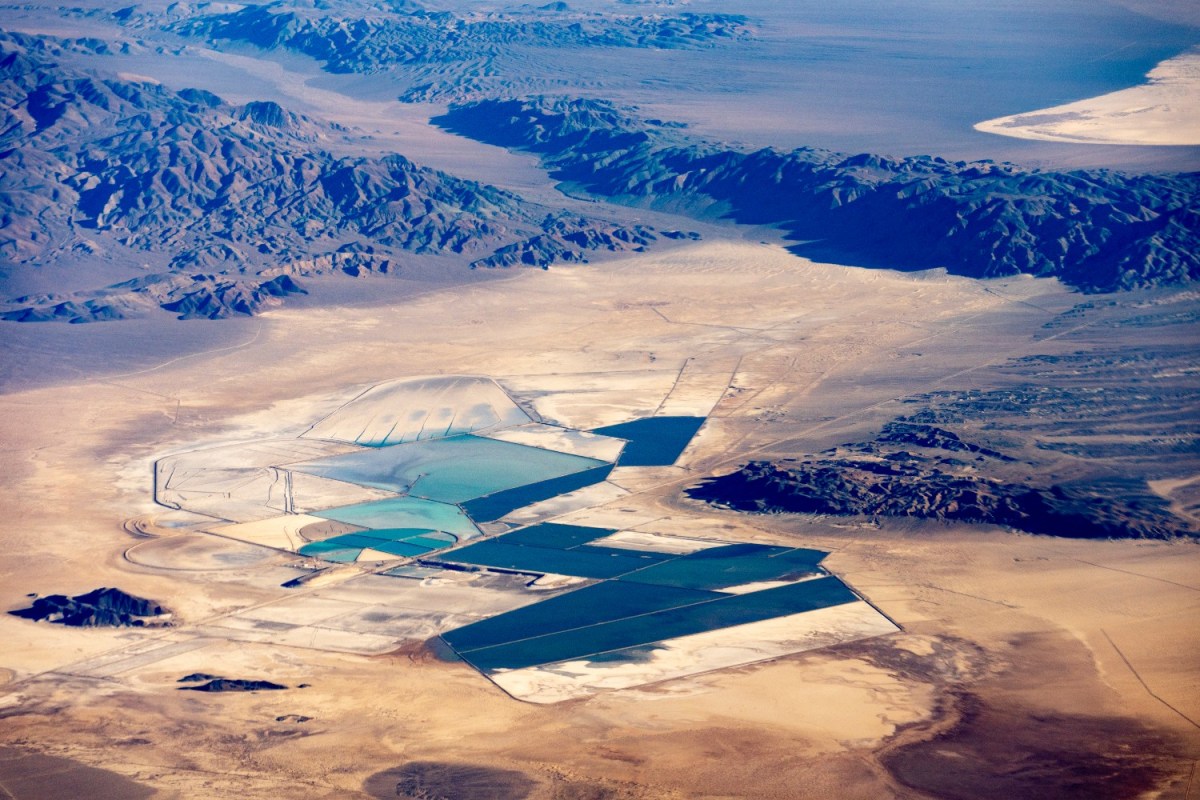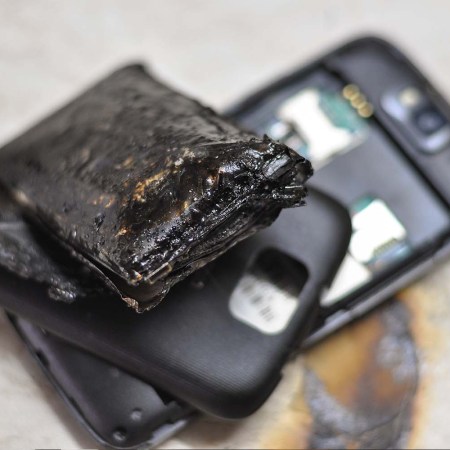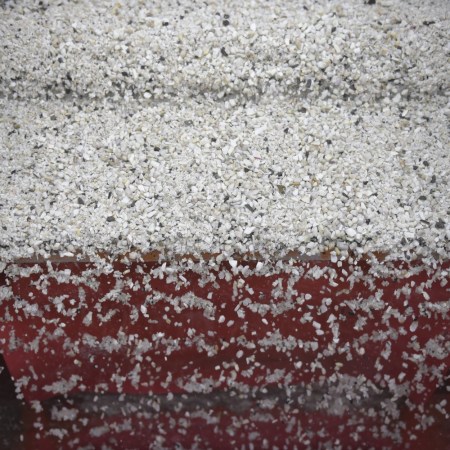We’re living through a moment in history where lithium is a source of money and power — and the countries and corporations with access to it have a leg up in the growing market for electronic vehicles. The potential existence of a significant amount of lithium near the border between Nevada and Oregon could further complicate matters — though as Ross Andersen writes in a new piece for The Atlantic, there are a number of substantial questions surrounding this deposit.
Some of those questions relate to whether or not the lithium could be easily extracted. Others include whether extracting the lithium will face legal challenges. Andersen notes that environmental groups, as well as representatives from the Paiute and the Shoshone, have taken legal action to stop lithium mining nearby — though the 9th UU.S. Circuit Court of Appeals denied their efforts earlier this year.
It isn’t hard to see why both tribal groups and environmental advocates — not that those two categories are mutually exclusive — would be concerned over the effects of lithium mining on the landscape. One of the paradoxes of the popularity of electric cars are the ways that digging for the minerals needed for their batteries can have environmental consequences of its own.
Is GM Making a Big Mistake by Discontinuing the Chevy Bolt?
The affordable line of EVs is second only to Tesla in first-quarter salesThe study published in Science Advances and cited in the Atlantic article argues that the lithium deposit it covers could differ from other high-profile lithium deposits in terms of its environmental impact. The study’s authors write that “[v]olcano sedimentary lithium resources” — which this deposit is — “tend to be shallow, high-tonnage deposits with low waste:ore strip ratios.”
That could mean a less invasive mining process, which seems like a plus for several reasons. But we’re still a long way from seeing this potential become a reality. Like not counting chickens before they’ve hatched, it’s probably a safer bet to avoid counting this lithium before it’s mined. Assuming, of course, it actually is.
Thanks for reading InsideHook. Sign up for our daily newsletter and be in the know.


















